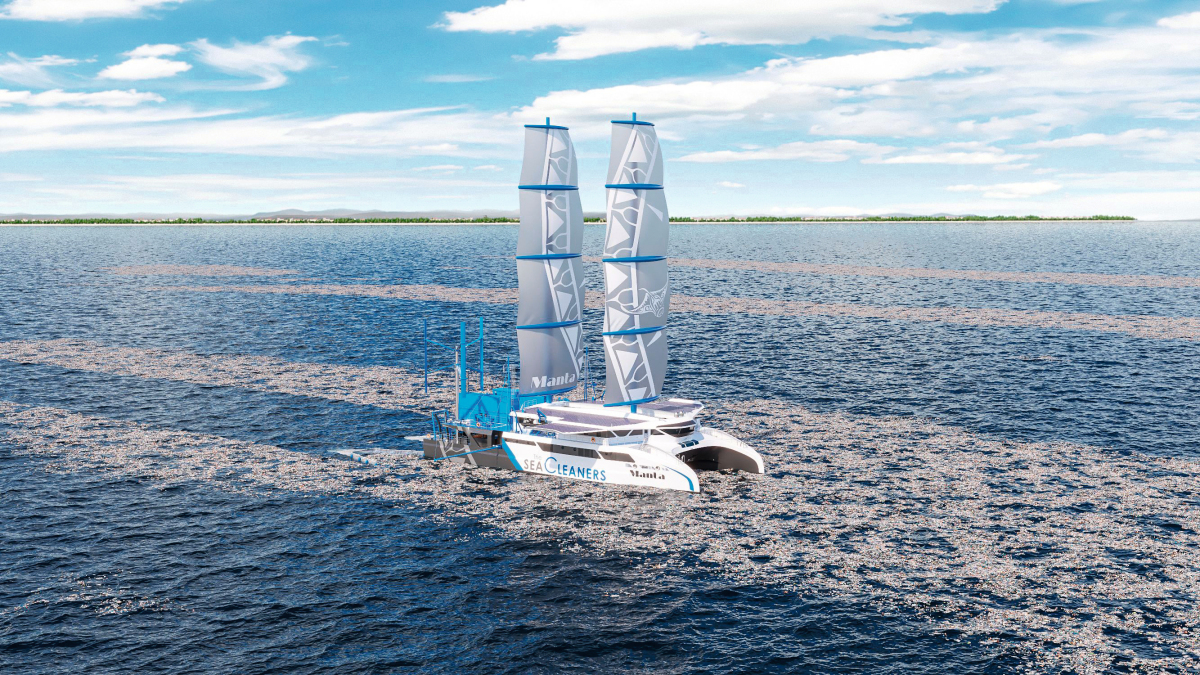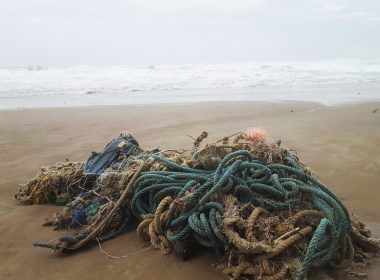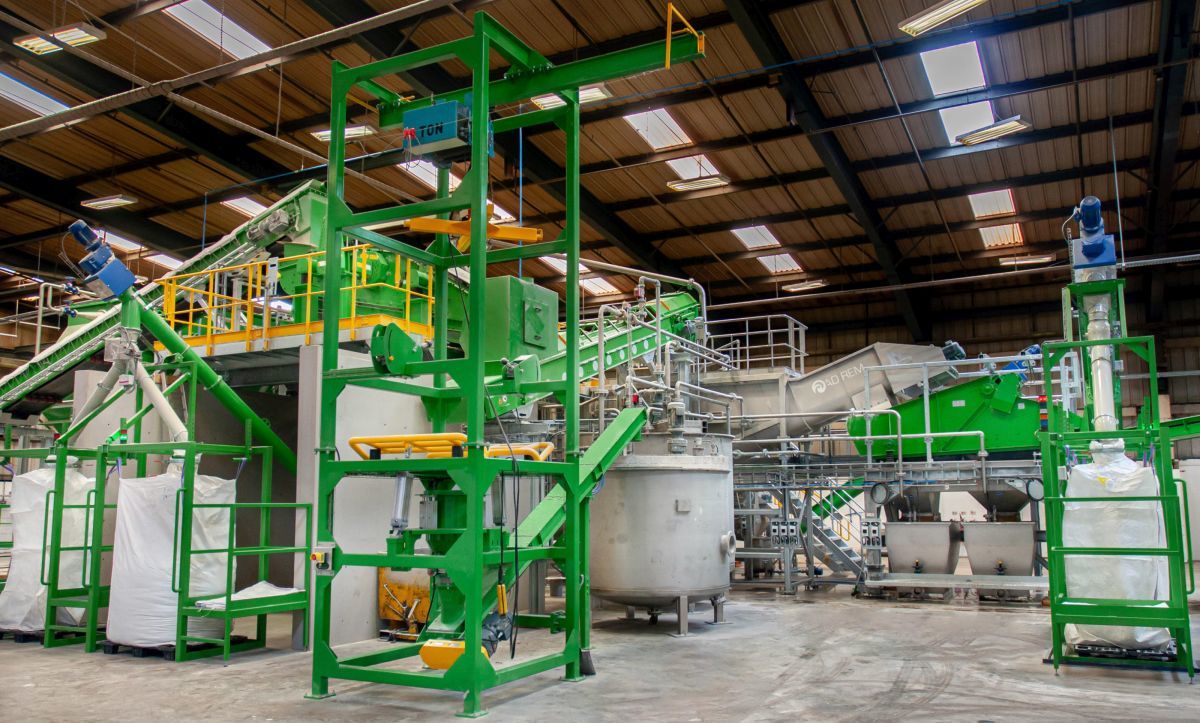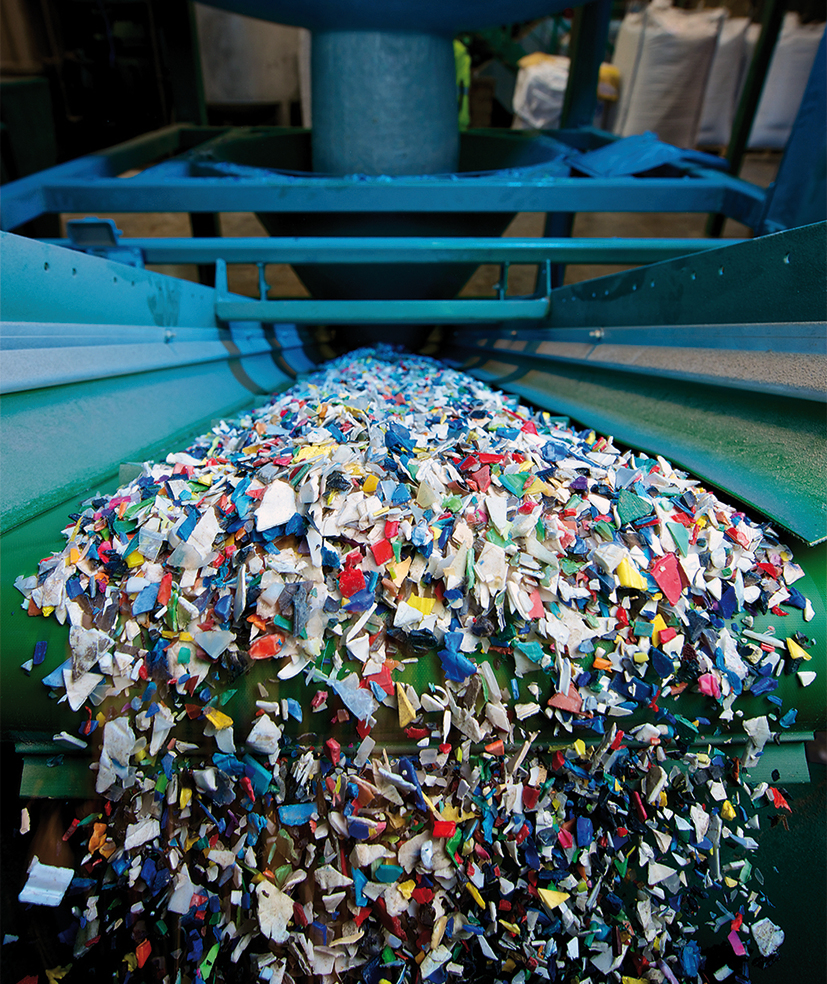Ocean Legacy Foundation produces first commercially available plastic pellet in North America
23.01.2023Ocean Legacy, a Canadian non-profit organization that develops and implements worldwide plastic pollution programs, with the goal to end ocean plastic pollution, announced that they have produced the first commercially available plastic pellet in North America, called Legacy Plastic™. Legacy Plastic is made from high-grade 100 % post-consumer processed recycled plastic recovered during ocean, shoreline, and marine equipment cleanups. With the introduction of Legacy Plastic, companies can use recycled marine plastics in their products, continuing to close the loop on plastic management systems.
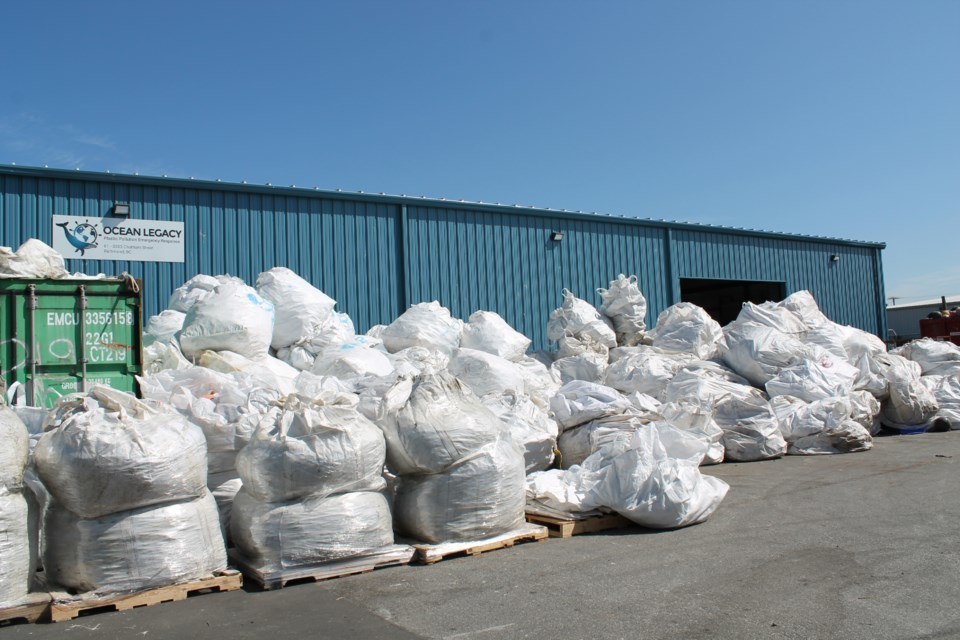 Plastic processing facility at Steveston harbour in Richmond recycles ocean plastic waste
Plastic processing facility at Steveston harbour in Richmond recycles ocean plastic waste
© Kari Kylo
“We soft launched Legacy Plastic in 2021 and we are thrilled with the amount of interest that it has received from companies that want to incorporate recycled content into their products. This is a huge milestone for Ocean Legacy Foundation as creating opportunities that bolster the use of materials collected during cleanup into new products will continue to advance the success of the plastic circular economy,” said Chloé Dubois, co-founder, Ocean Legacy Foundation. “Legacy Plastic contributes to the plastic circular economy and reduces land and ocean pollution. By using Legacy Plastic, companies become a part of the solution in fighting the ocean plastic pollution crisis.”
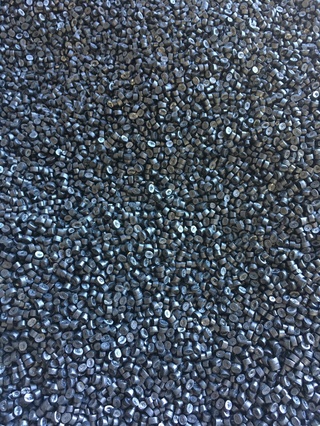 Legacy Plastic™ is made from high-grade post-consumer processed recycled plastic
Legacy Plastic™ is made from high-grade post-consumer processed recycled plastic
© Kari Kylo
Legacy Plastic consists of recovered marine gear such as fishing ropes, buoys, floats, oyster trays and other anthropogenic plastic debris collected from cleanup activities and reprocessed for use in the manufacturing of new durable products. Legacy Plastic is sourced from diverse channels within Ocean Legacy’s network of plastic and debris recovery operations with community partners as well as their own recovery efforts. Sourced plastic materials fall into three sources.
· Used Marine Gear from fishing and aquaculture operations along the Pacific Coast recovered at source or through Ocean Legacy depots
· Shoreline Plastic recovered from shoreline cleanups undertaken by Ocean Legacy’s cleanup expeditions, and other partner organizations that conduct shoreline cleanups along the Pacific Northwest coastline
· Ocean plastics recovered from ocean recovery expeditions
“Ocean Legacy is creating a program that makes plastic recycling viable and profitable, which provides us with an economically sustainable revenue stream,” said Gil Yaron, Director of Sales and Marketing for Ocean Legacy Foundation. “Legacy Plastic allows companies to meet their sustainability goals to manufacture their products using local, high quality post-consumer recycled content resins that have a relatively lower carbon footprint when compared to virgin plastic production.”
“Legacy Plastic is made in Western Canada entirely from 100 % cleanup recovered plastic. For example, we're really excited about a new partnership with Full Circle Plastics from Nobelford, Alberta. Full Circle Plastics’ line of plastic lumber used in commercial, industrial and residential construction are products that replace many traditional lumber applications, such as planter boxes, agriculture fence posts, outdoor decking construction, and a wide array of domestic outdoor furniture,” said Yaron.

